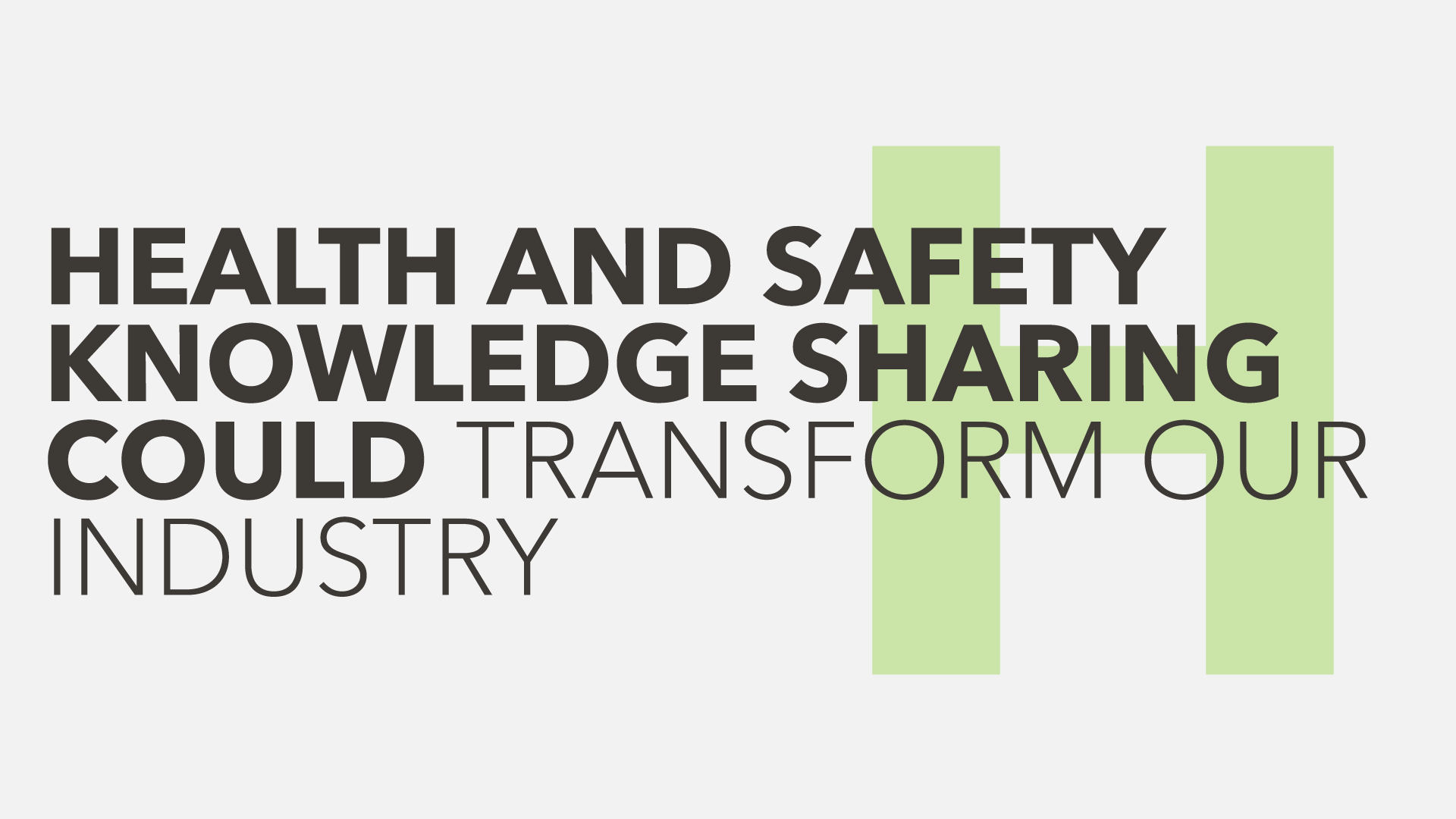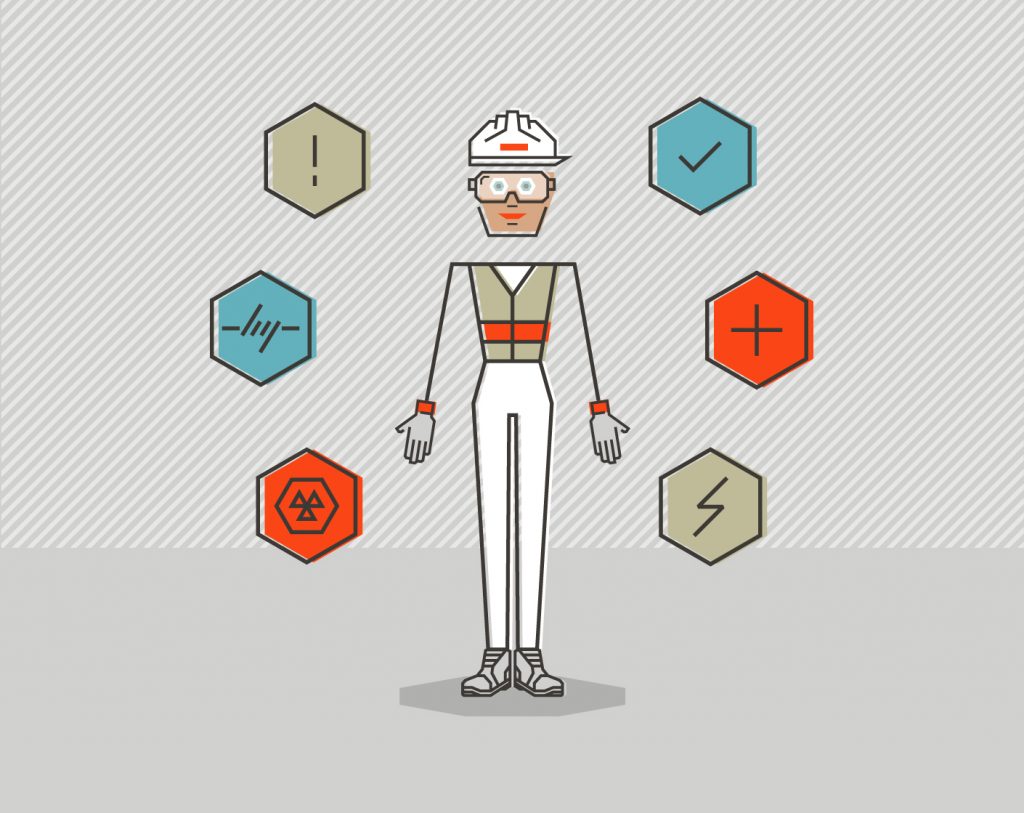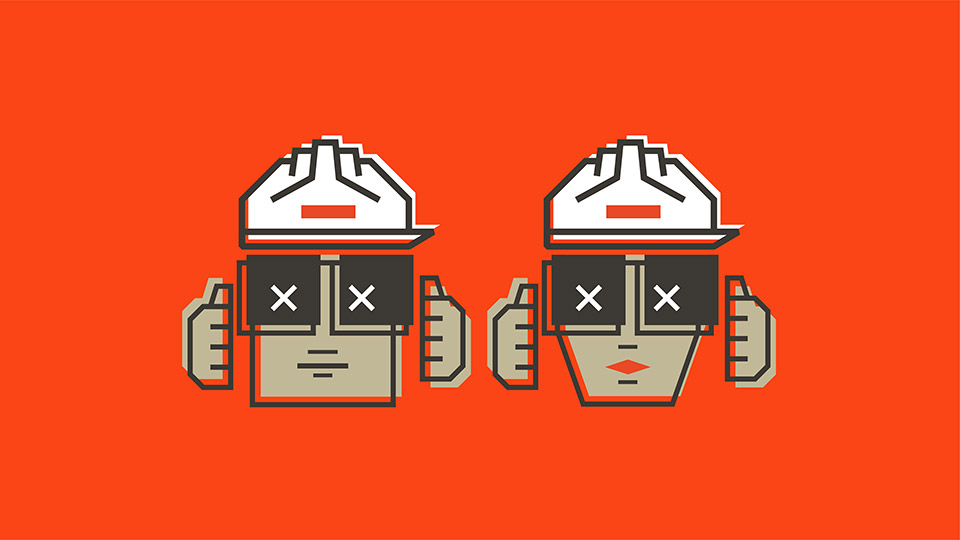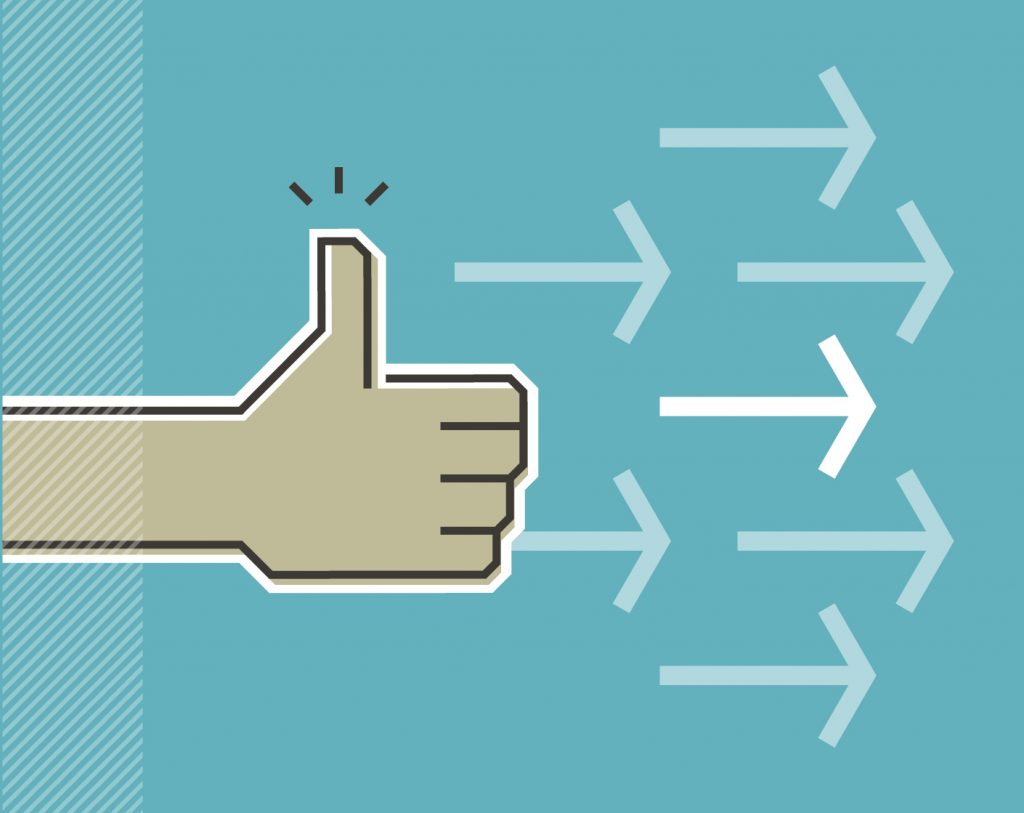Health and safety knowledge sharing could transform our industry
By: Gareth Evans

The data center industry may be young, but we’re using some of the oldest skills in the book. Design, construction, and engineering predate our lives – the Greeks brought their aqueducts, the Romans gifted us with roads, and the Victorian engineers graced us with railways.
When it comes to data centers, the only new part of the process is bringing those skills together in one place.
Imagine an industry database for health and safety information. Businesses could use real world evidence to make better decisions for everyone. Using this shared knowledge, we could identify patterns of behaviour that lead to incidents, and improve risk management protocols to prevent major events. Better decisions, made faster.
Why we need to start mapping incidents
In order to identify patterns of behaviour that lead to incidents, and for knowledge sharing to be effective, we need data. Lots of data. We need to partner up and pull evidence from a wide cross section of the industry. Otherwise, the trends we discover are not going to be representative of reality. The more information we collate, the more reliable our findings will be.
There’s usually a web of smaller events that lead to a major incident. But these small operational differences only become visible after the event, once root cause analysis is complete. If we can record leading indicators – an early indicator of what’s about to happen – we’d be able to pinpoint which of these smaller events played a role in major incidents.
The Swiss cheese model is a great way to visualise this. Imagine layering multiple slices of Swiss cheese. Each layer represents protection from unplanned events, and the holes represent control measure failures. When those holes line up, that’s when an unplanned event occurs.
Having a database where we could view that Swiss cheese ecosystem would show us what we’re doing right, and what we need to work on. We shouldn’t just measure safety in the absence of incidents or injury either; exploring what went well is good for employee morale, and useful when designing future projects.
At Yondr, we’re already exploring a platform with partners, where we can share anonymised safety data across the construction industry. This kind of information empowers people; equipped with up-to-date information relevant to our processes, we can make evidence-led decisions confidently.
Knowledge sharing offers industry-wide benefits
It goes without saying, not every risk can be mitigated. But with solid data, and a proactive approach towards addressing issues, we can lower the likelihood of unplanned events.
An industry database will allow all players to quantify and then prioritise risks that need the most attention, avoiding major incidents.
Sharing health and safety knowledge could also help answer complex industry questions. Understanding which risks are geographical, industry-wide, or hyper specific to a project will help us tailor our processes and streamline our operations. We can build protocols specific to countries, climates, and individual requirements.
This isn’t a secret sauce situation – we’re talking about people making it home at the end of a working day. If we develop a new process that protects our people, there’s no reason that shouldn’t be shared with the wider community.
Internal knowledge sharing is powerful
We want to encourage more brilliant people into the industry. If we’re not doing enough to maintain a healthy environment, people won’t want to stay. Facilitating conversations about health and safety inspires people to speak up. By removing the stigma and opening up channels of communication, we can learn directly from other people’s experiences.
If we want to understand how processes impact teams, we need to speak with the people in them. Health and safety needs to be a codesigned system where teams feel empowered to use their voice. The perspectives of people working on site are going to be rich with real world experiences that will help us create processes that support them.
Internally, we’ve already seen the impact knowledge sharing has at Yondr. We start every significant meeting and milestone with a discussion on health and safety, and assess whether we’re setting people up for success. As part of our ‘pre-mortem’ process, we ask ourselves: do our teams have the right resources, understanding, and skills to execute this task?
Only by keeping health and safety front of mind can we build good habits that lead to safe and successful projects. Because protecting people isn’t a competitive edge – it’s a basic ethical standard.
Now imagine how much value we could provide if these conversations were freely accessible. An open source database with access to real world evidence and guidance. Instead of just learning from our own experiences, we could learn from each other’s. Internal conversations at Yondr regularly spark innovation – take that to an industry wide level, and there’s no limitations on what we could learn.


